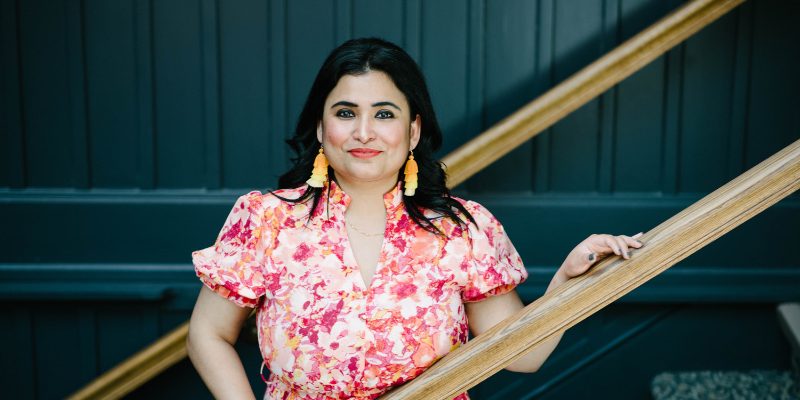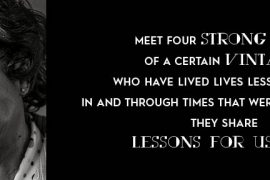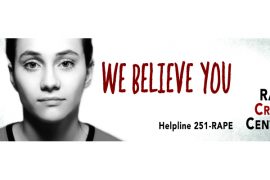By Katy Macek | Photography by Hillary Schave, shot on location at Ellsworth Block
At just 34 years old, Ankita Bharadwaj has already racked up plenty of life experience. She has three law degrees — two from India and one from UW–Madison — is fluent in three languages and has worked as a lawyer, activist and university employee.
Now, she’s using all of that experience to advocate and uplift others.
“I am very proud that in the last 7 1⁄2 years I’ve been in the U.S., I have proven not just to other people but to myself, which is very important, that I am very adaptable,” Bharadwaj says. “I’m able to use my education, skills and passion to amplify the voices of those who would have never been heard from.”
As a bisexual person who identifies as queer, Bharadwaj wants to help people, especially minorities, gain access to opportunities.
Bharadwaj was born in Agra, a city in the Indian state of Uttar Pradesh — also home to the Taj Mahal. She practiced law in India before moving to the U.S. in 2015 to obtain a law degree at UW-Madison’s Law School. In 2016, she spent time in Kenya to work on her law school thesis. Her time there showed Bharadwaj the place she made the most impact was outside the courtroom. Through the COVID-19 pandemic and social justice movements that followed, Bharadwaj found herself using her voice in a different way: to advocate for others.
She’s spent time working for the Democratic Party of Wisconsin, organizing five political campaigns and was chair of the city’s inaugural Police Civilian Oversight Board Equitable Hiring Tool Taskforce. She is also serving a three-year term on the Governor’s State Council on Affirmative Action.
As UW-Madison’s BIPOC employee retention specialist, she makes policies and strategies to help retain Black, Indigenous and people of color employees — an important position for a university that reported only 18% of its staff as people of color in 2021, or 3,218 of the more than 18,000 regular employees, according to the university’s 2022 Diversity Report.
She also has a monthly radio show on WORT titled “Subtle Desi Traits.” The show affords Bharadwaj a platform to amplify BIPOC, women, queer and immigrant voices on worldwide issues.
Being an immigrant in Madison has meant many challenges, says Bharadwaj: learning to speak and understand “Midwestern nice;” navigating a difficult health care system that delayed needed care for back pain; and finding ways to express her Hindu religion freely without fear.
But Bharadwaj thinks the opportunity of living in three countries — and practicing law in India and the U.S. — has been rewarding. It’s broadened her tastes, experiences and understanding of the world.
The oppression she’s faced in various countries has also shaped her worldview on what works — and doesn’t — in our political and legal systems. It sparks her desire to inspire change.
“Because I’ve had so many experiences in different cultures and countries, I’m able to approach a problem from more than one perspective,” she says. “I don’t think I would have that opportunity, had I not been an immigrant.”




